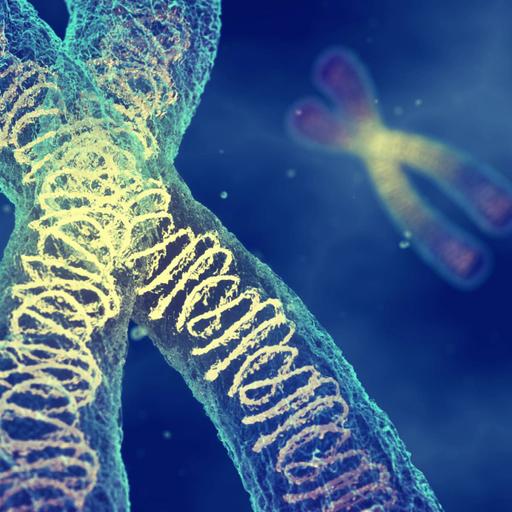Principles of Inheritance and Variation
Presentations | English
Are we all alike? Why do we observe variations in organisms? Variations refer to the changes that are seen in the case of the genetic makeup of an organism. They arise due to the sexual reproduction and ensure the natural selection of the individual and in turn make the organism better adapted to the environment. Inheritance is the process by which characters are passed on from parent to progeny; it is the basis of heredity. The concept of principles of inheritance and variation was first proposed by Gregor Mendel in 1866. Variation is the degree by which progeny differ from their parents. Heredity is important to all living organisms as it determines which traits are passed from parent to child. Successful traits are more frequently passed along and over time can change a species. Changes in traits can allow organisms to adapt to specific environments for better rates of survival. They enable us to confirm the cause of a certain genetic disease or trait. Once the result of the DNA test is known knowledge about the mode of inheritance is crucial for further breeding (eradication of the disease, breeding of the desired traits).

Free
PPTX (57 Slides)
Principles of Inheritance and Variation
Presentations | English
